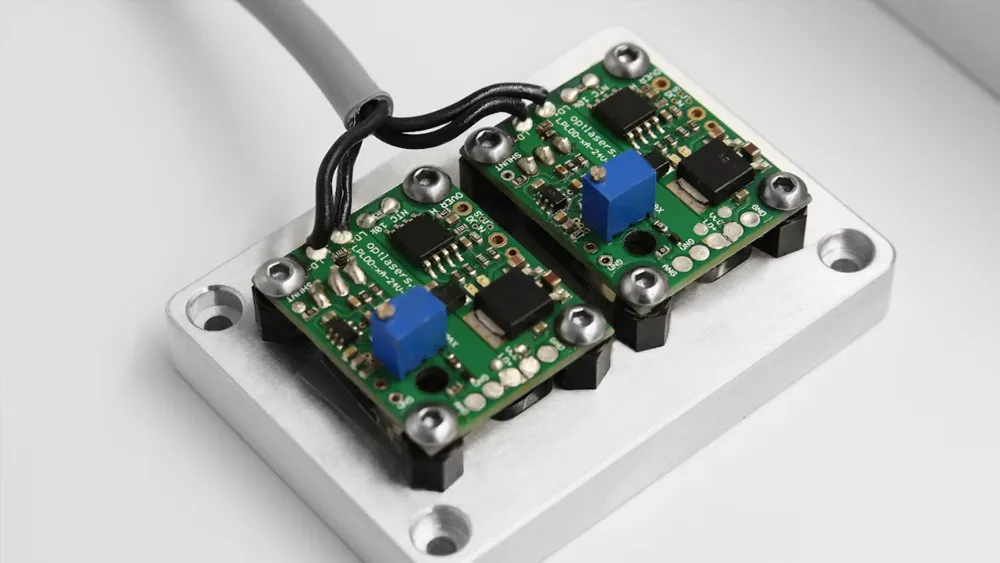
Single Mode and Dual Mode Devices FCC ID Certification
In modern wireless communication devices, fcc id certification is a crucial step for entering the US market. fcc ID is a certification number issued by the Federal Communications Commission (FCC) of the United States, used to identify wireless devices that comply with FCC regULations on radio frequency devices. Obtaining fcc id certification indicates compliance with FCC electromagnetic compatibility requirements, allowing legal sales and usage in the US market. During FCC ID certification, devices can be categorized into single mode and dual mode, each having distinct requirements and considerations.

What are Single Mode and Dual Mode Devices?
Single Mode Devices: Support only one wireless communication standard or frequency band. For example, devices that support only 4G LTE networks or a single Wi-Fi frequency band (such as 2.4GHz or 5GHz).
Dual Mode Devices: Support two different wireless communication standards or frequency bands. For instance, devices that support both 4G LTE and 5G NR (New Radio) networks, or simultaneously support 2.4GHz and 5GHz Wi-Fi frequency bands.
FCC ID Certification for Single Mode Devices
- Definition: Single mode devices support only one wireless communication standard or frequency band.
- Certification Requirements: Devices need to pass relevant tests for the single communication mode. For example, if a device supports only 4G LTE networks, it undergoes electromagnetic compatibility and radio frequency tests specific to 4G LTE.
- Testing Scope: Testing focuses solely on ensuring compliance with FCC regulations within that single mode.
FCC ID Certification for Dual Mode Devices
- Definition: Dual mode devices support two different wireless communication standards or frequency bands.
- Certification Requirements: Devices must pass separate tests for each communication mode. For example, a device supporting both 4G LTE and 5G NR networks undergoes specific electromagnetic compatibility and radio frequency tests for each network standard.
- Testing Scope: Comprehensive testing is requiRED for each mode to ensure compliance with FCC regulations. Additionally, performance and compatibility during mode switching are tested to prevent harmful interference.
Differences in fcc certification process Between Single Mode and Dual Mode
Single Mode Devices:
- Require tests related to a single mode, such as frequency range, power output, and spectral characteristics.
- Upon successful test submission and approval, receive FCC ID.
Dual Mode Devices:
- Require multiple mode-specific tests, evaluating frequency ranges, power outputs, spectral characteristics, and performance during mode transitions.
- Upon successful test submission and approval, receive FCC ID.
Whether single mode or dual mode, obtaining FCC ID certification signifies compliance with FCC technical and safety standards, permitting legal sales and usage in the US market. The certification process for single mode devices is relatively straightforward, suitable for devices requiring support for a single network type. In contrast, certification for dual mode devices is more complex but offers broader network support, suitable for devices intended for use in multiple network environments.
Understanding the differences in FCC ID certification between single mode and dual mode devices enables manufacturers and importers to choose the appropriate certification path for their devices, ensuring smooth market entry in the US and meeting consumer demands.
JJR Laboratory in China is an IEC 17025 accredited laboratory providing fcc certification services for enterprise products. Located in China, we can help you save 30% on fcc certification costs.
Email:hello@jjrlab.com
Write your message here and send it to us
 Canada ISED Certification RSS-247 Standard Testing
Canada ISED Certification RSS-247 Standard Testing
 What Are the Product Compliance for Amazon Austral
What Are the Product Compliance for Amazon Austral
 Australia IoT Security Compliance
Australia IoT Security Compliance
 V16 Warning Light EU EN 18031 Cybersecurity Certif
V16 Warning Light EU EN 18031 Cybersecurity Certif
 Japan IoT Security JC-STAR Certification
Japan IoT Security JC-STAR Certification
 FCC SDoC Compliance Information Statement
FCC SDoC Compliance Information Statement
 What Does FCC SDoC Certification Mean?
What Does FCC SDoC Certification Mean?
 What is Bisphenol A (BPA) Testing?
What is Bisphenol A (BPA) Testing?
Leave us a message
24-hour online customer service at any time to respond, so that you worry!




